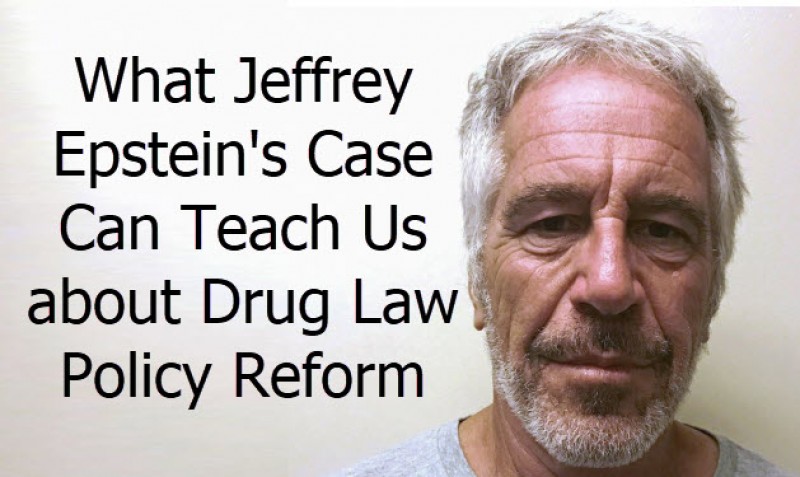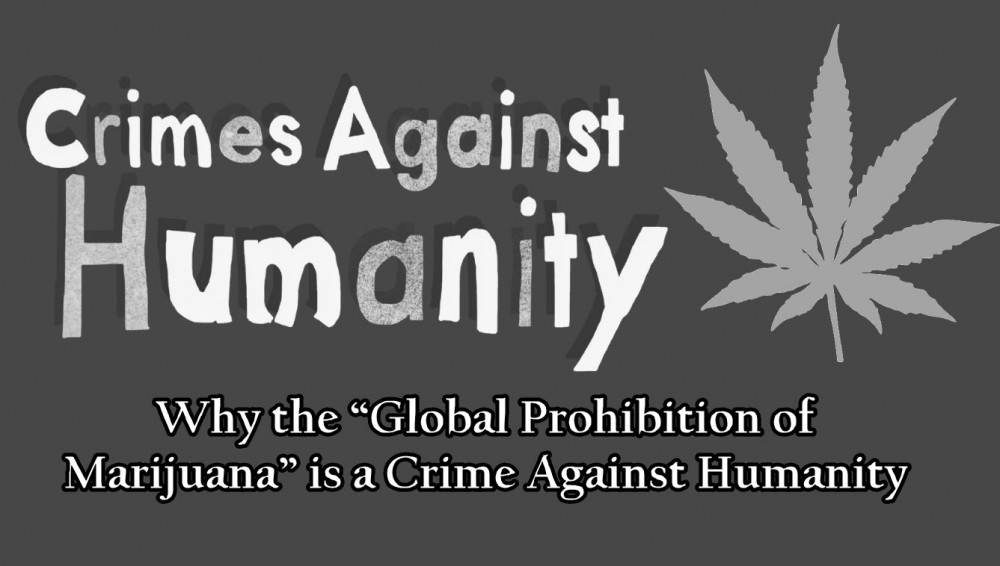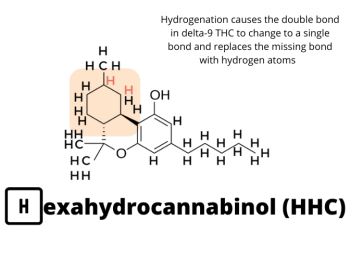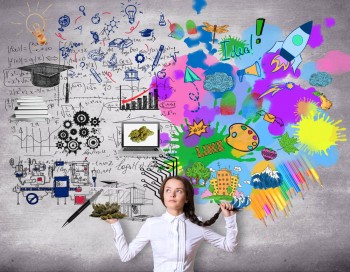What the Jeffrey Epstein Case Can Teach Us about Drug Law Policy Reform
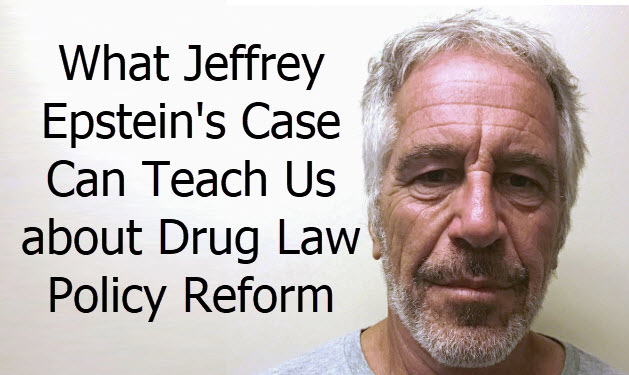
Some people might wonder what a pedophile and a sex trafficker has to do with drug reform. Surely there can be no connection between the two?
Well, you’d be wrong there. The latest developments in “high-profile” people and their connection to human trafficking sheds a light on law enforcement resource allocation, as well as what we deem “important” within society.
You see, currently the largest illicit market on the planet is “Drugs”. The yearly estimate of drugs, in terms of revenue comes out to roughly a half a trillion dollars. That’s a lot of cheese. In fact, it’s estimated that the illegal drug trade makes up 1% of global trade.
Based on these figures, many argue that it’s imperative that we “do something about it” and that the “drug war” might be a proper response. After all, these illegal markets also fund other illegal activities within the criminal element.
However, drug consumption is a personal thing. Users, for the most part, “choose” to consume drugs. They go out and break the law because they want to get high. They might be trying to escape certain realities, or cope with the misery they call life. However, no one is holding a gun to their heads when buying the drugs.
What Epstein and his Ilk do
If “Drugs” is the largest illicit marketplace in the world, what is the second? Some people would assume “Arms”, which is quite large, but they would be wrong. The second largest illicit market in the world is “human trafficking”.
Human trafficking comes in many forms from organ harvesting, sex trade and slave labor to name a few. According to some estimates, more than 40 million people are being trafficked each year with 75% of them being women and children.
81% of human trafficked victims end up in a forced labor situations with 25% of them being children. On average it costs between $4,000 USD - $50,000 USD per trafficked person. This variable depends a lot on the point of origin of the trafficked person.
Which brings us to the point. Who can truly afford human trafficking? Who can dish out $4,000 - $50,000 USD per person? This isn’t like buying an ounce of weed off the street. The price entry point makes the illegal trafficking of people a “rich person game”.
Epstein, whatever you’d like to call him, was primarily a human trafficker who catered to the ultra-rich. People like Bill Clinton has flown on the “Lolita Express” on more than 27 occasions. Just take a look at all the different people who engaged with him. Some of them are royalty.
The point here is that every person connected to Epstein were “high profile” people who have the means to buy people.
It then starts making sense why “Drug Laws” are our number one concern in society, because as long as we’re arresting people getting high, the ultra-rich elitists can keep on raping children. For the past 45+ years, we have brought down the full force of the law on trying to stop people from smoking weed, yet our efforts in the human trafficking side of things were far more docile.
What is our social priority?
If our motivation for the drug war is to keep “society safe”, we must question our priorities when we look at statistics. How can we justify arresting people and stopping the flow of drugs, while 40+ million people are being trafficked each day?
As mentioned, drug consumption is primarily a personal choice. People buy drugs so they can consume it, they don’t buy it to drug others (for the most part).
However, there is nothing personal about human trafficking. Isn’t it a far greater priority to stop bad actors from literally stealing other humans, selling them to forced labor or the sex trade? Wouldn’t that make society “safer”?
Why it’s so hard to catch human traffickers
My theory on this is that most “buyers” are high-profiled people. The average Joe and Jane simply can’t afford to buy another human. They don’t have the means or the desire to “own a human”.
However, the rich-elite has money to spare and typically sit in positions of power. As mentioned, Bill Clinton is potentially (by mere association) a child-fucking-human-trafficking piece of shit. Obviously, he might not be…but to fly with a now-known human trafficker on an airplane that was dubbed “Lolita express” more than 20 times, makes us wonder.
Yet can you imagine the political scandal that would occur if the police went after Clinton in his heyday? What about the big time judges and CEOs of major corporations? These are typically the “type of person” who would engage with these illicit activities.
As you can see, their positions give them some “protection” from the law, however they know it’s not enough. They need the Law to be focused on the non-violent, drug consumer, because if the police aren’t diverting their resources, they’ll have more to go after these sex-demons.
Epstein’s case only shows us the importance of dialing down the drug war significantly, and to focus our resources on the real injustices…there are 40million+ people each year that would agree wholeheartedly.
CANNABIS OR TRAFFICKING, READ THESE..
HOW LEGAL CANNABIS CAN STOP HUMAN TRAFFICKING

